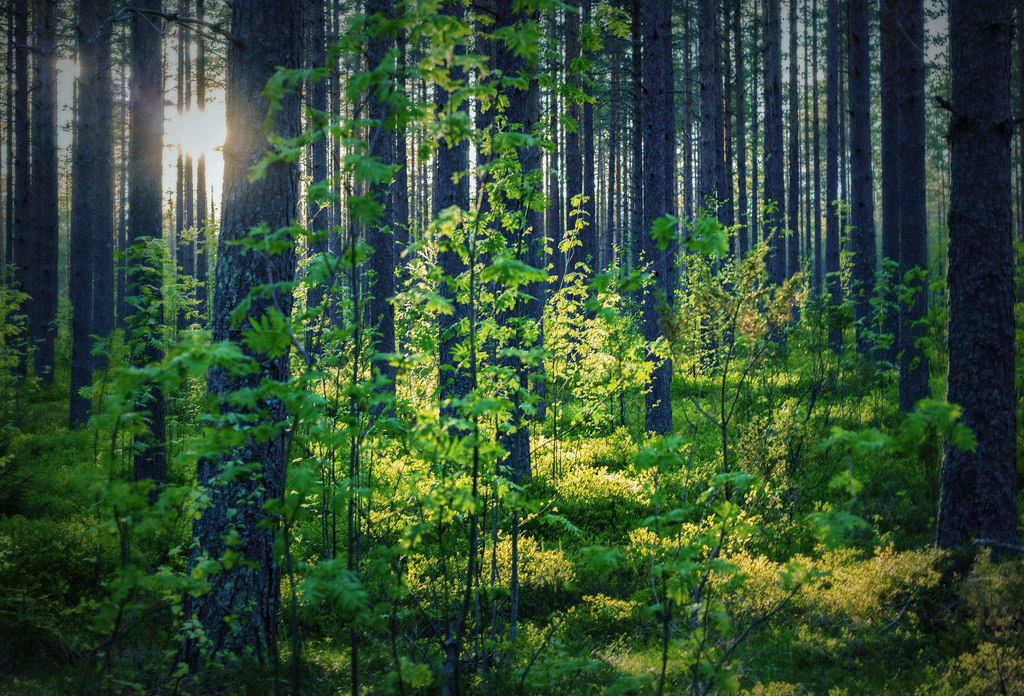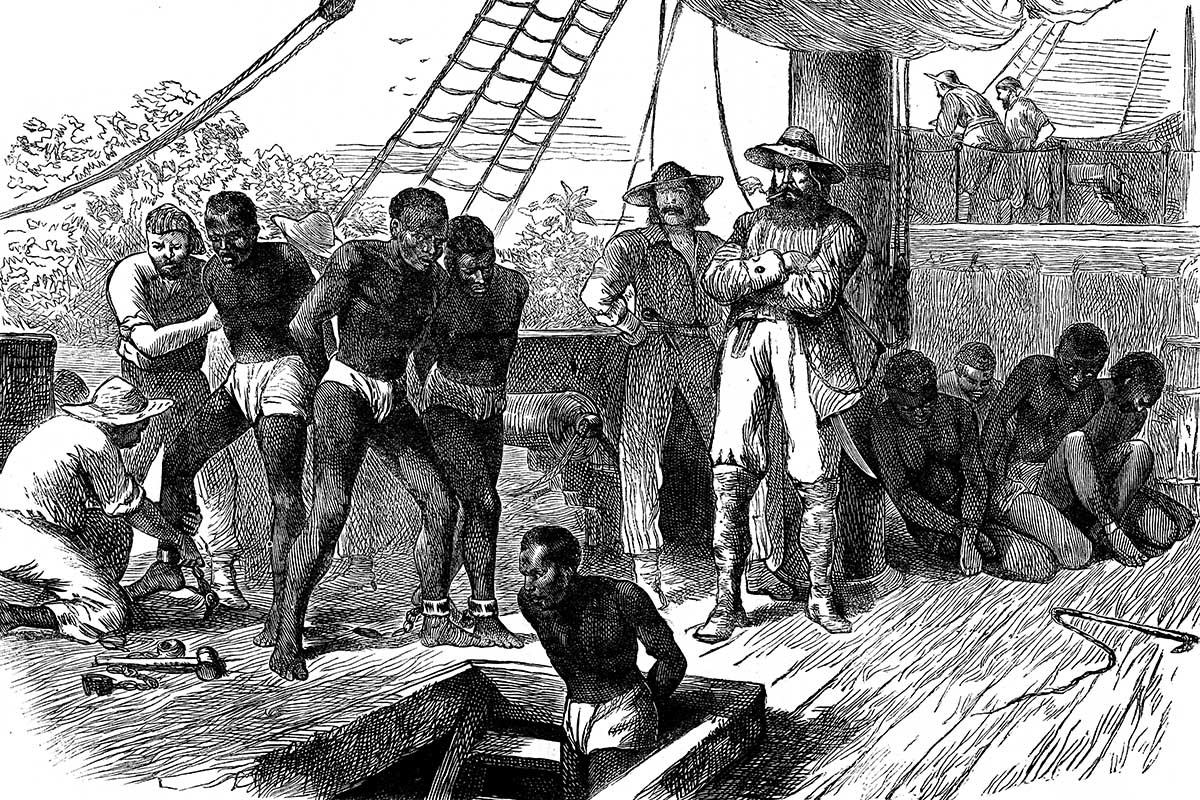“Forest conservation needs more effort”
July 4th, 2017  An initiative to protect and promote forests is a welcome move, writes Oghenechovwen Oghenekevwe, 18, a Commonwealth Correspondent from Warri in Nigeria, but is being threatened by some countries’ failure to sign on – and by a push for competing development.
An initiative to protect and promote forests is a welcome move, writes Oghenechovwen Oghenekevwe, 18, a Commonwealth Correspondent from Warri in Nigeria, but is being threatened by some countries’ failure to sign on – and by a push for competing development.
Professor Wangari Muta Maathai was a Kenyan and African heroine. From the 70s till 2011, she was a champion and a strong voice continuously speaking for communities to promote environmental conservation and socioeconomic rights, especially for women.
Though Maathai went on to become the first African woman to win a Nobel Peace Prize in 2004, her bold actions brought conflict with authorities. She faced political opposition and oppression, including death threats. Yet she did not tire or give up.
In short, she has been my conservation role model since 2015, when I listened to stories about her at a youth camp.
The Queen’s Commonwealth Canopy (QCC), which was launched at the 2015 Commonwealth Heads of Government Meeting in Malta, aims to unify credible forest conservation efforts amongst Commonwealth member countries – for the benefit of present and future generations – and create a physical and enduring legacy of The Queen’s leadership of the Commonwealth. This environmental unity is emphasised by the powerful words on the QCC logo: “Together our forests will thrive”.
Although the QCC will have been in existence for two years by late November 2017, it is a shame that a fistful of member countries have not committed to it yet, especially those with luxuriant forests cover. The May 2017 newsletter of the Royal Commonwealth Society announced that Tuvalu has become the 22nd Commonwealth country to commit to the Canopy.
“As one of the smallest countries within the Commonwealth family with just 11,000 people, and noticeably affected by rising sea waters,” part of the newsletter read, “Tuvalu’s commitment sends a strong message about the importance of conserving the Commonwealth’s forests.”
When my friend from Australia, Helen Notonica, told me about the QCC last year on Facebook, we both hoped that Nigeria would quickly take action and move away from the Expected Countries’ group. I also had the same thoughts for Kenya. Not just because of the rich and diverse agroclimatic zones of both countries, but also their top population rank in Africa, and for Kenya in particular, the strong ties with Maathai and the Green Belt Movement she founded.
Helen, now living in Italy, also told me excitedly how, as part of the Canopy, Seychelles is planting 20,000 indigenous trees to restore degraded forests land area. With all this, I felt assured again that Nigeria’s government would take the sustainable train before long. Today, Nigeria and Kenya remains in QCC’s group of Expected Countries.
Nigeria experiences large-scale deforestation and increased desertification now and then. In 2005, the Food and Agriculture Organization of the United Nation (FAO) reported that Nigeria had the highest rate of deforestation in the world. Between 2000 and 2005, Nigeria lost 55.7 percent of its primary forests — defined as forests with no visible signs of past or present human activities.
As of 2008, a report by the National Centre for Genetic Resources and Biotechnology, Ibadan and Federal Department of Agriculture, Abuja puts deforestation in Nigeria at about 3.5 per cent per annum, translating to a loss of 350,000 to 400,000 hectares of forest land per annum. With these figures, it was then shocking to know Acting President Yemi Osinbajo, during his recent visit to Cross River State on June 1, gave an endorsement for the proposed high tech, 260 km superhighway that will run from Calabar to Benue State, through a national park that is home to 18 primate species and two biodiversity-rich forests.
The controversial superhighway threatens to displace about 50,000 indigenous people, destroy the habitat of some of the world’s rarest species, affect use of non-timber products, exacerbate soil erosion and land temperatures, and drive climate change.
Maathai once said, “We need to promote development that does not destroy our environment.” Nigeria must look at the future and commit to forest conservation, at all levels. There is no time to waste.
Reach me on Twitter: @c_chovwen
photo credit: nillamaria Green (Explore 2017-06-16) via photopin (license)
…………………………………………………………………………………………………………………
About me: I am a third-year Meteorology and Climate Science undergraduate at the Federal University of Technology Akure. I have a growing interest in governance and digital opportunities related to water, environment, and health challenges. I enjoy playing board games. Connect with me via email: chrischovwen@gmail.com
…………………………………………………………………………………………………………………
Opinions expressed in this article are those of the author and do not necessarily represent the views of the Commonwealth Youth Programme. Articles are published in a spirit of dialogue, respect and understanding. If you disagree, why not submit a response?
To learn more about becoming a Commonwealth Correspondent please visit: http://www.yourcommonwealth.org/submit-articles/
…………………………………………………………………………………………………………………




